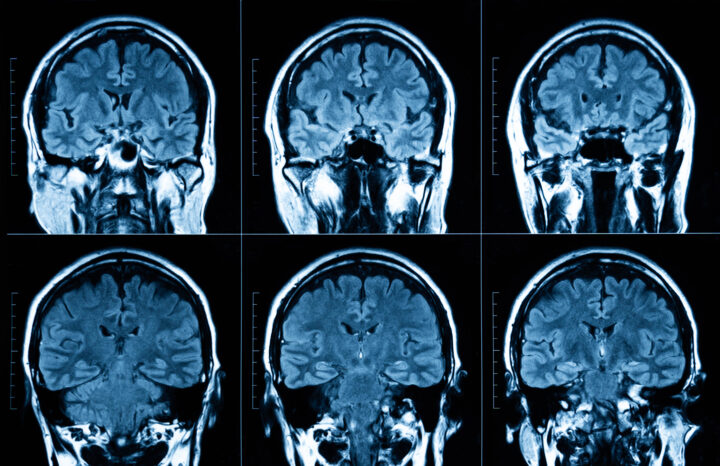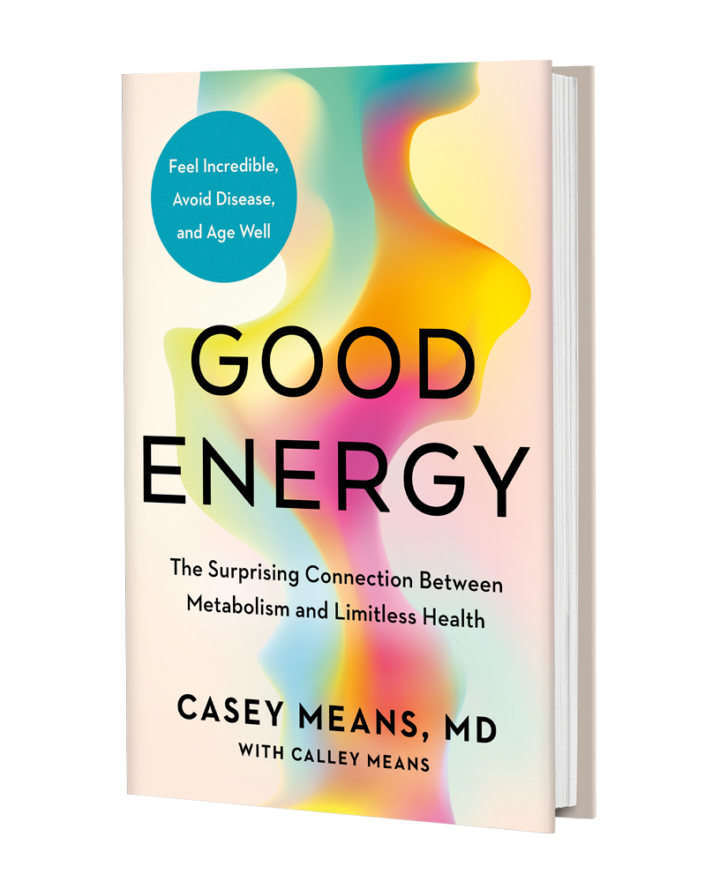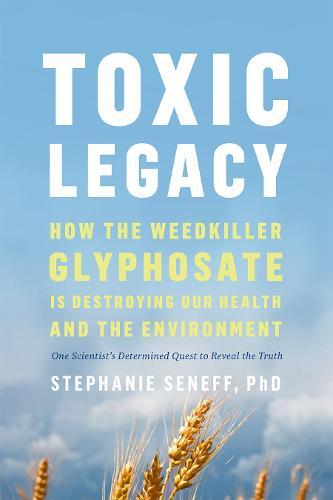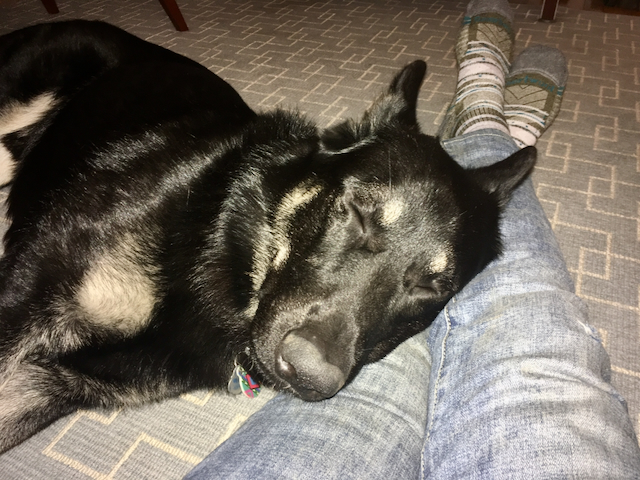
“Mom,” asked my son, “how in the hell do you retain so much information? You know all your clients and their products, the ins and outs of Google Ads, stuff going on in your industry, and who to follow on LinkedIn. Holy f*ck!”
My Gen Z son James, a software coder, has been unemployed for over ten months now. To help him out early on, I hired him to do projects for me.
He’s the one, for example, who did the programming that enabled me to provide our clients with reports every week showing website conversions.
Our clients love these reports, so it was money well spent. (At the time, he offered me a family rate, but I said, “Don’t you ever go down that road. You’re smart and you’re skilled. You’re worth a good fee.”)
And now that I’m busy with several on-going marketing clients, I hired him to take over Google Ads for me. His background is data analytics combined with programming. Perfect!
It was during a Google Ads training session that he made the comment I cited above.
Our brains are “energy-hungry”
In her new book, Good Energy: The Surprising Connection Between Metabolism and Limitless Health, Casey Means, MD discusses how several environmental conditions, plus our diet, have played havoc with our metabolic function — including the brain. (Source)

According to Means, “the brain uses 20% of the body’s total energy despite representing just 2% of the body’s weight.” She goes on to discuss how the brain is “exquisitely sensitive to oxidative stresses and inflammation.”
Learning about how our brains work is one of my interests; I’ve read over a dozen books and due to what I’ve learned over the years, I’ve made several changes.
My son’s comment, however, made me think. I hadn’t really considered that I retain a great deal of information and that he (or anyone else) would notice. Retaining info is part of my job.
But in the few weeks that have elapsed, I now know how I do it. Simply put, I take care of my brain — which is actually what I used to tell James when he was a kid.
“Wear your bike helmet. Don’t do drugs. Get plenty of sleep.” I’d follow up with, “You have only one brain. Take care of it.”
Here are the ways I take care of mine — and in the process, ensure my team and I do great work for our clients.
Reduced my screen time
As technology changed, I let it take over my life, from always-on Internet and being glued to social media to reading books on my iPad.
I got my wakeup call when I read, The Shallows: What the Internet is Doing to Our Brains, by Nicholas Carr. Basically, the Internet is re-wiring our brains, and not in a good way.
After reading the book (multiple times!) I began making changes, such as turning off all notifications, reading paper books again, and ultimately, getting off Facebook and Twitter. I still use LinkedIn for business.
While I have a TV, I use it mainly for watching videos (free from the library!) during winter. Otherwise, it’s off.
Don’t work in dark mode
Now that I’m of a certain age, many of the clients I work with are younger. I love working with them because it keeps me young and open to new ideas — and because I get to see how they work when they share their screens.
The one thing I’ve learned is that people who have a hard time staying focused often work in Dark Mode — my son included.
The problem with Dark Mode is the lack of contrast: Our brains have to work harder to process white (fuzzy) text on a black background. Plus, the text or font is usually sans serif. And small to boot.
There’s a reason print newspapers, magazines, and books are printed in black ink on white paper with a serif font: It’s because reader comprehension is considerably higher.
The high contrast means our brains don’t have to work so hard to understand what we’re reading.
Reader comprehension surveys have proven this point time and again: the lower the contrast, the less people retain from their reading.
It’s also why we don’t design our clients’ websites with black backgrounds and white text. (Read this post our designer Rachel Cunliffe wrote for a detailed explanation.)
Give my brain a rest from absorbing information
The big change I noticed post-pandemic is that everyone is now glued to a phone — scrolling, talking, or listening to something.
I go to the gym, no one is talking; everyone is wearing earbuds. I walk down our road with Rocky, and notice how many people in their vehicles are actually NOT hands-free. One dude almost rolled right into us at an intersection because he was reading his phone. Very bad, and frightening.
With the glut of information now, including podcasts and video, it feels like you have to use your downtime to stay on top of it all.
I don’t. Period. When cooking dinner, I simply cook without anything playing in the background. I leave my phone in the locker at the gym — and then attend to my workout. I’m not one of those people who hog the machine while scrolling on their phone — or God-forbid, filming themselves.
When I’m with Rocky, I’m with him, 100% — including walks and play time. Too often I see people walking their dogs but buried in their phones. My first question always is, “Why? You’re out in nature and you’re with your dog! Get off your phone and enjoy the experience! Plus, you’ll have a better trained dog, and you’ll be super aware of your surroundings.” Just saying.
Eat really good food
About 10 years ago, after reading The Omnivore’s Dilemma by Michael Pollin, I made the decision to change how I source my food. I now eat pasture-raised meat and eggs that I get direct from the farmer. I buy locally raised, no-spray produce as much as possible. I read labels on packaging and buy organic.

Reading Stephanie Seneff’s book, Toxic Legacy, about the weedkiller glyphosate (aka Round-Up), also played a huge role in changing how I eat. A senior research scientist at MIT, Seneff “presents stunning evidence based on countless published, peer-reviewed studies that glyphosate plays a major role in skyrocketing rates of chronic diseases, including cancer, gut dysbiosis, non-alcoholic fatty liver disease, autism, infertility, and more.” (Source)
Plus, James’ dad (of blessed memory) was a Ph.D Organic Chemist. He wouldn’t even let that product cross our threshold. “You have no clue how bad that stuff is to the human body,” he said. This was decades before Ms. Seneff and her research.
So yes, if we are what we eat, then food devoid of toxic weed killer would help ensure brain health.
I’m also working on choosing food that helps keep my brain energy high — something I learned after studying Tom Brady and his TB12 Method. Still working on reducing sugar via cookies and ice-cream. Summer time in New England means the ice-cream stands are open. I love ice-cream!
It goes without saying that I don’t smoke, vape, or do drugs. I limit alcohol.
These are just some of the things I do to take care of my brain. The result is, I feel better, my energy is high, and I’m considerably less stressed.
Personally, I believe we don’t pay enough attention to brain health — which is why we’re having so many issues as a society. Taking care of my brain, so that I can perform optimally throughout the day, is super important.
Having mental clarity and focus is also how I ensure a Huff Industrial Marketing website (and the ongoing marketing we do) is the Gold Standard for manufacturers.
Filed under: Our Thinking
Rocky Update

Reducing my screen time is a constant work in progress. It’s super easy to read stuff on my iPad while eating lunch or dinner — or worse, in bed.
I used to spend hours scrolling through news feeds and getting sucked into the comments sections. UGH!!! Talk about wasting your brain cells.
Once Rocky arrived, this bad habit went away because if I ignored him by getting sucked into my phone, he got into a trouble.
I also sleep much better at night because one, I’m exhausted from all the exercise and fresh air I get each day (plus running a small business helps, haha!), and two, I’m no longer reading a device in bed.
After a few cuddles with Rocky, I fall asleep instantly. He jumps off the bed and sleeps on the floor.
Having him in the house has also dispelled my waking up at the slightest sound.
One night, I woke up to a strange noise I hadn’t heard before, and Rocky barked several warnings and jumped on the bed. He actually sat on me, as if to protect me.
The sound went away, and he settled down, so I fell back asleep. The next morning, I discovered what had made it: workers had put down the lines on the road, which had been repaved several weeks before.
So basically, if he’s not barking, then everything is good. I sleep like a rock! It’s amazing.
